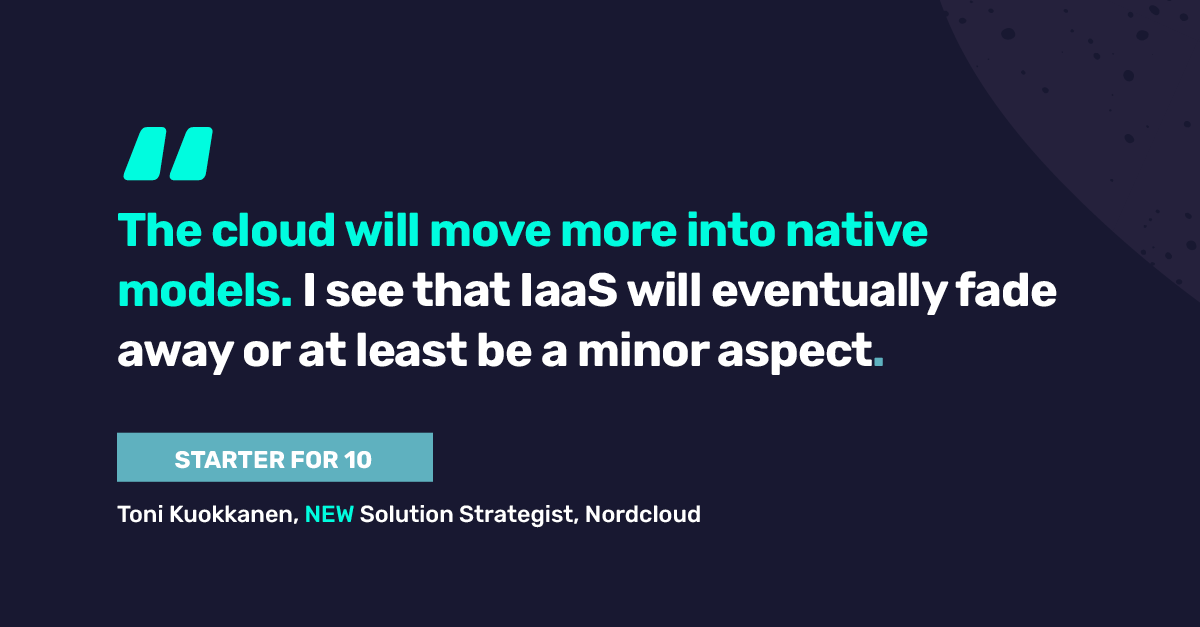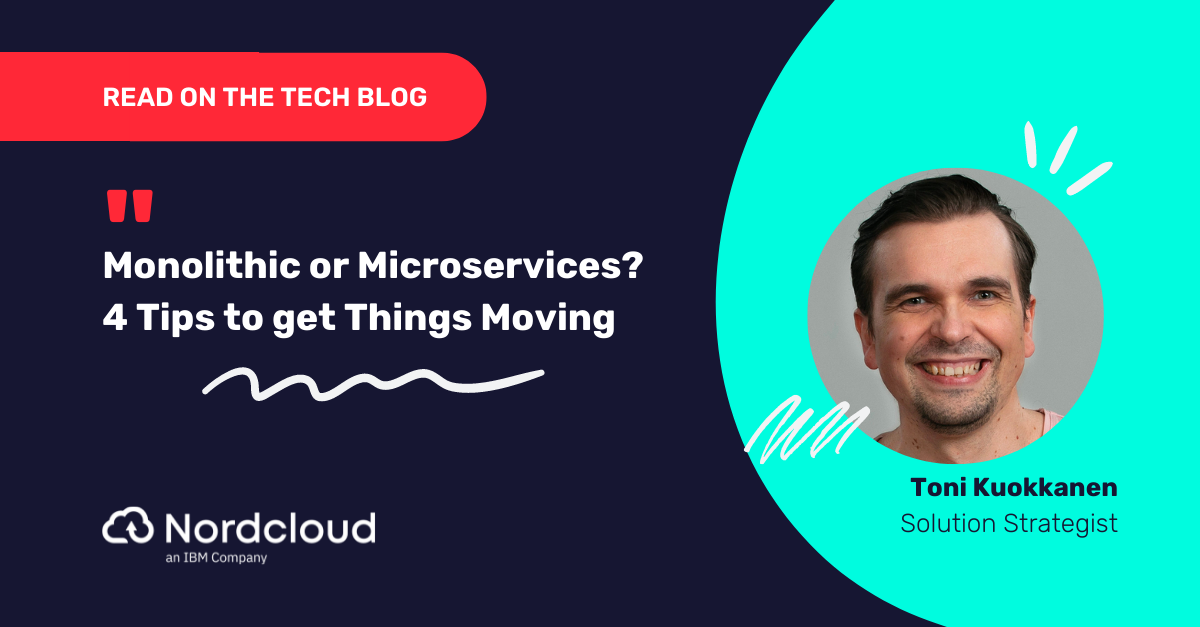
Digital Nomads & Remote Work – What’s Changed and How to Stay Secure
It’s still a hot topic in the workplace and media - do business embrace remote work or enforce a strictly office presence? It’s possible the truth gets lost somewhere in the discussions going on in the media, as well as the water cooler chats in big businesses.
There’s definitely been a big shift in how the people that work in the IT industry see their work environment. But the truth is that this change was inevitable, even if Covid-19 was a catalyst for this change.
And, yes, for many this has split opinion into a black-and-white subject. But the majority of people probably sit somewhere in the shades of grey. What’s clear is that the radical change in the last few years means people have realised they are not bound to a singular place to carry out their jobs.
‘Digital nomad’ is a relatively new term, describing a person who embraces travelling while working remotely from wherever they are. Their working location might be the same for a few days, weeks or months, but there is a departure from the settled office, or even home office, that has been engrained as the norm for many years.For digital nomads, change is constant.
It’s something I’ve considered - buying a camper van, driving around some far-flung places and working from the next place I pick on the map. It’s something that would’ve been unheard of just a couple of years ago, but now it’s a reality.
And I think this kind of change brings more good than bad. It allows employers more flexibility with hiring different types of people. It allows employees more flexibility in prioritising what makes them happy, in combination with a fulfilling work life. Companies - including Nordcloud - are starting to embrace this. But with more freedom and flexibility comes more responsibility.
One aspect that IT teams are concerned about is security with employees working from home, or at various locations away from an office environment. We’re seeing a record volume of ransomware and other types of attack. Teams and individuals that handle confidential information have to be more careful than ever.
Working at home brings certain security risks, but there’s also a level of protection you can manage in your own space. Working from public locations, hotels and Airbnbs have inherent risks in public areas and networks that mean a hacker mindset is required to stay safe and secure. In short - don’t trust people or places where you can’t monitor or manage every network or device.
Once away from the office, eavesdropping is a common way for hackers to target individuals, whereby the preselect targets for data infiltration. Hackers can target physical devices with payload uploading, particularly risky when leaving laptops unattended in coffee shops or hotels.
Also, social engineering works away from the office. So combining open source data might be a way of gathering information about employees who are in locations that could be more easily targeted. A quick LinkedIn or Instagram check for example might provide some initial information to target individuals. And once hackers find vulnerabilities, they tend to be experts at exploiting them.
It’s these kinds of aspects that are difficult to prepare for, you really have to take on that hacker mindset and be thinking about your vulnerabilities all the time. Most of us are naturally quite trusting, and wouldn’t be aware of how little information or time hackers need to expose these areas.
So how do businesses and employees prepare for this? Firstly, the same rules should apply whether working at the office, at home, or anywhere else:
- Don’t run unnecessary software on any devices that you use for work
- Use a VPN to protect yourself if possible
- Handle data with care and don’t store or share it in places that aren’t approved
- Think twice before opening links or responding to any kind of communication from an unknown source
- Invest in trusted anti-virus software to protect against ransomware, backdoors, spyware, etc. and regularly conduct searches and update the software.
So, taking extra precautions for security when working from your favourite new destination might seem a drag or unnecessary at first. But, as more and more of us embrace the life of a digital nomad, it’s up to companies and individuals to prioritise security. Let’s face it, for most digital nomads, it’s technology that provides the freedom to travel and work in this way, so let’s not compromise it.
Careers.
We’re a team of cloud native thinkers and doers – people who learn from each other, celebrate achievements and transform the tech industry together. Sound like your kind of culture? We need people like you.
Join us!
Get in Touch.
Let’s discuss how we can help with your cloud journey. Our experts are standing by to talk about your migration, modernisation, development and skills challenges.




